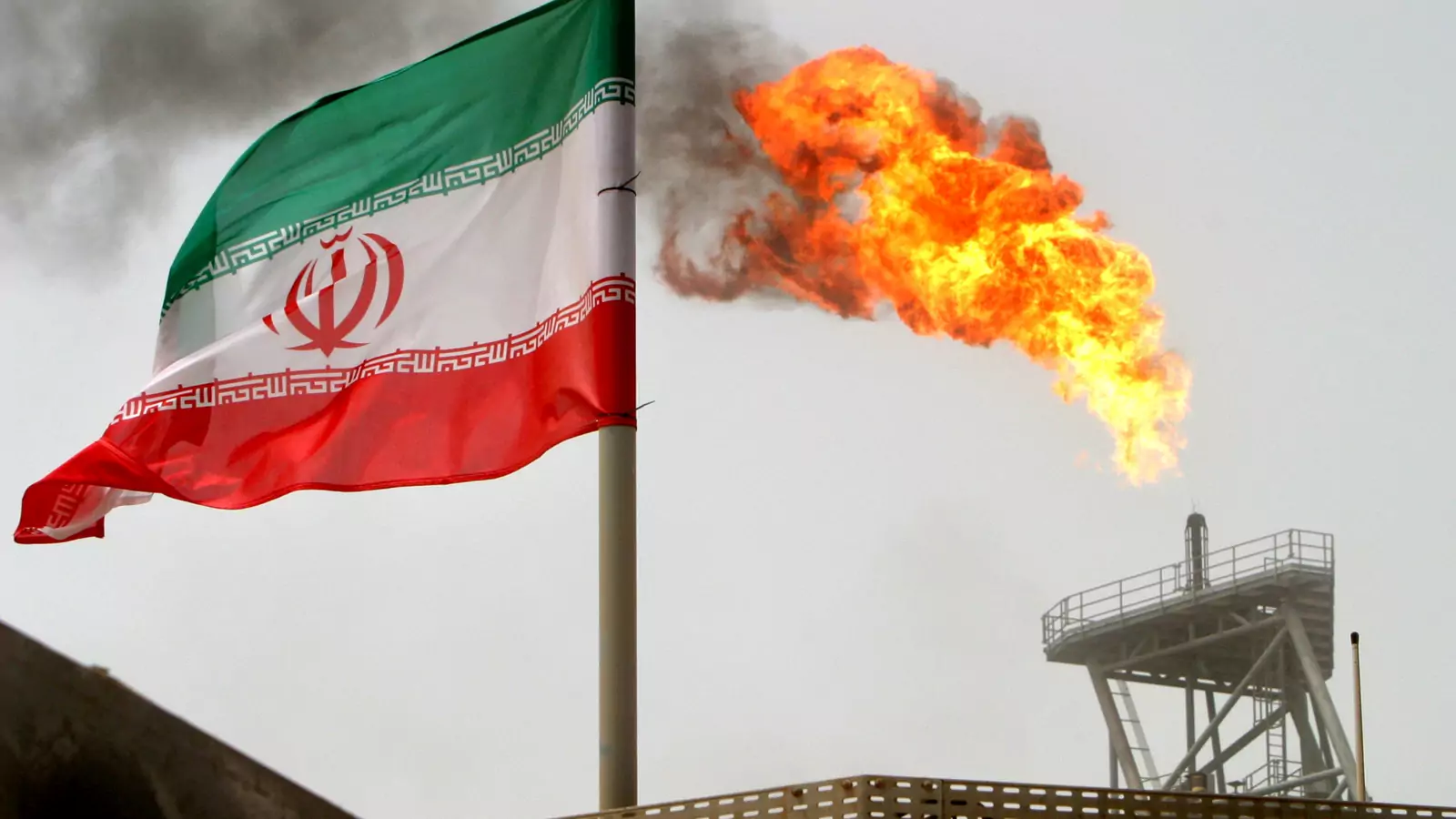Crude oil markets are bracing themselves for the
arrival of Iranian oil in proportion to the growing positive sentiments, both
in Vienna and Tehran about a potential, mutually-acceptable solution to the
JCPOA, 2015 Iranian nuclear deal.
The talks that entered the 5ths phase had been going
on for weeks with mounting challenges; there were even diplomatic whispers
about an imminent breakthrough, about a week ago.
The prospect, however, had a setback when a conflict
between Israel and Hamas broke out, a few days ago. Although Iran, a sworn
enemy of Israel, made its feeling known on international stage, it refrained
from making any move to fan the raging conflict.
Nor could it let masses to fill the streets for
protest in light of the Coronavirus infections.
Although the US and Iran do not physically
participate in the ongoing talks, it goes without saying who pulls the strings in
shaping the ultimate outcome of the discussions; the intermediaries facilitate in
bridging the significant gap of understanding between the two nations, that has
been growing for decades.
The oil sector in Iran has been in full swing in the
hope that the US-led sanctions will be lifted anytime soon; it has been
hoarding away the excess that they could not export due to heavy sanctions.
Analysts believe if the sanctions are lifted, Iran
can supply the crude markets with over 4 million barrels a day – a significant output.
In theory, this could lead to a dip in oil price;
since Iran is a member of the OPEC+, it has contractual obligations to stick to
and in that context, flooding the markets will not be any member’s interest.
That means Iran may gradually increase its output without causing chaos in the
markets.
Iran is fully aware of the stakes despite it being
in need of earning urgent cash to bolster its economy.
This is the reason behind markets not showing an unnecessary
anxiety over Iranian oil arrival; the moves to normalize relations between Iran
and Saudi Arabia will be crucial too for Iran to striking a balance when it
comes to sale of crude oil without upsetting the new-found equilibrium in the
sector.







